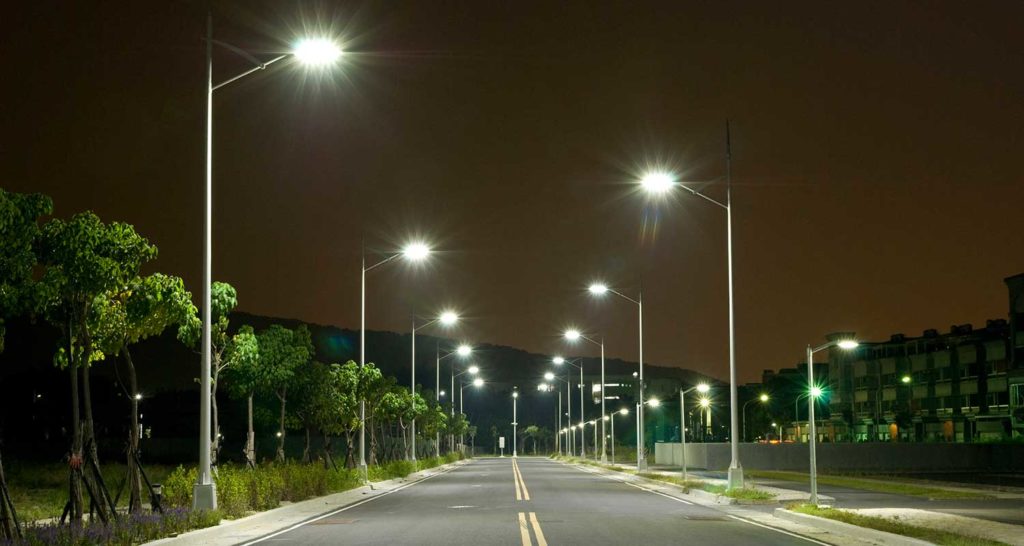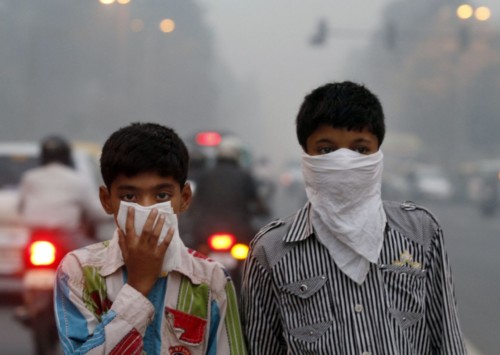India witnesses world’s largest street light replacement programme
As global bodies on energy efficiency discuss imperative measures to make an impact on the carbon footprint, India is set to witness the world’s largest street light replacement programme, today.
The Union Minister of Power, Coal, New & Renewable Energy and Mines, Piyush Goyal will be dedicating the Street Lighting National Programme (SLNP), currently running in the South Delhi Municipal Corporation (SDMC) area, to the Nation in New Delhi on January 9, 2017. Slated to become the largest street light replacement initiative in the world the joint venture under the Ministry of Power, Government of India is a meticulous implementation from the Energy Efficiency Services Limited (EESL).
LED bulbs to cut down consumption
The energy efficiency market in India is estimated at USD 12 billion that can potentially result in energy savings of up to 20pc of current consumption with innovative business and implementation models.
Under the SLNP, around 1.54 million street lights have already been replaced with LED bulbs resulting in energy savings of 203.5 million kWh. The initiative allegedly increases the capacity of 50.71 MW and reduces 168 thousand tonnes of greenhouse gas emissions per annum.
The programme is presently running in Punjab, Himachal Pradesh, Uttar Pradesh, Assam, Tripura, Jharkhand, Chhattisgarh, Telangana, Andhra Pradesh, Kerala, Goa, Maharashtra, Gujarat, and Rajasthan.
According to a release from the Ministry of Science and Technology, under the SLNP, the SDMC area alone accounts for over 200 thousand street light replacements. The cumulative annual energy savings in South Delhi through this programme is 26.5 million kWh which has helped to avoid the capacity addition of 6.6 MW, resulting in a daily reduction of 22,000 tonnes of greenhouse gasses. Additionally in Delhi, under Phase II of the street lighting programme, EESL has signed a tripartite agreement with BSES and SDMC to install 75,000 more street lights with more focus on installation in parks.
In the SDMC Project, EESL is addressing complaints from various sources viz., registered from BSES helpline, night patrolling team by EESL, mobile vans, e-mails, social media and other sources including Ward Councillors. Additionally, EESL is putting stringent complaint addressing mechanism and Centralized Control and Monitoring System (CCMS) to enable remote operation and monitoring of the street lights. CCMS provides real-time information on energy consumption and remote monitoring of the street lights.
On the occasion, Goyal will also launch the mobile app called EESL SL Complaint App for SDMC, wherein users can now lodge complaints about faulty street lights. These complaints will be addressed to within a period of 48 hours. At 1800 hours, IST, Goyal will be inaugurating the SLNP at C1 Park, Safdarjung Development Area in New Delhi.
Goyal addresses India-Japan Energy Forum
Goyal speaking at India-Japan Energy Forum 2017 in New Delhi said, “India is looking at a sustainable development future and wants to take power to at least 50 million homes that are deprived of power for nearly seven decades since we became independent. We want to do this in a sustainable manner and make power affordable.” While stating the importance of Indo-Japan ties in terms of co-operation in the field of energy and power, Goyal’s speech can be traced back to the efforts of the government in aiming at sustainable development and energy efficiency in the country.
Speaking LIVE at India – Japan Energy Forum 2017 in New Delhi
Watch live at https://t.co/H3lLm3gl5y
Live tweets @PiyushGoyalOffc— Piyush Goyal (@PiyushGoyal) January 9, 2017
During the day-long sessions in the Energy Forum, there would be technical discussion sessions on critical subjects of mutual cooperation in the energy sector, including initiatives to enhance renewable energy and grid stability. Promoting technological cooperation in energy efficiency in industrial and commercial sectors and technological options between India and Japan improving the transport sector are the agendas to be taken up more seriuously in the forum.













